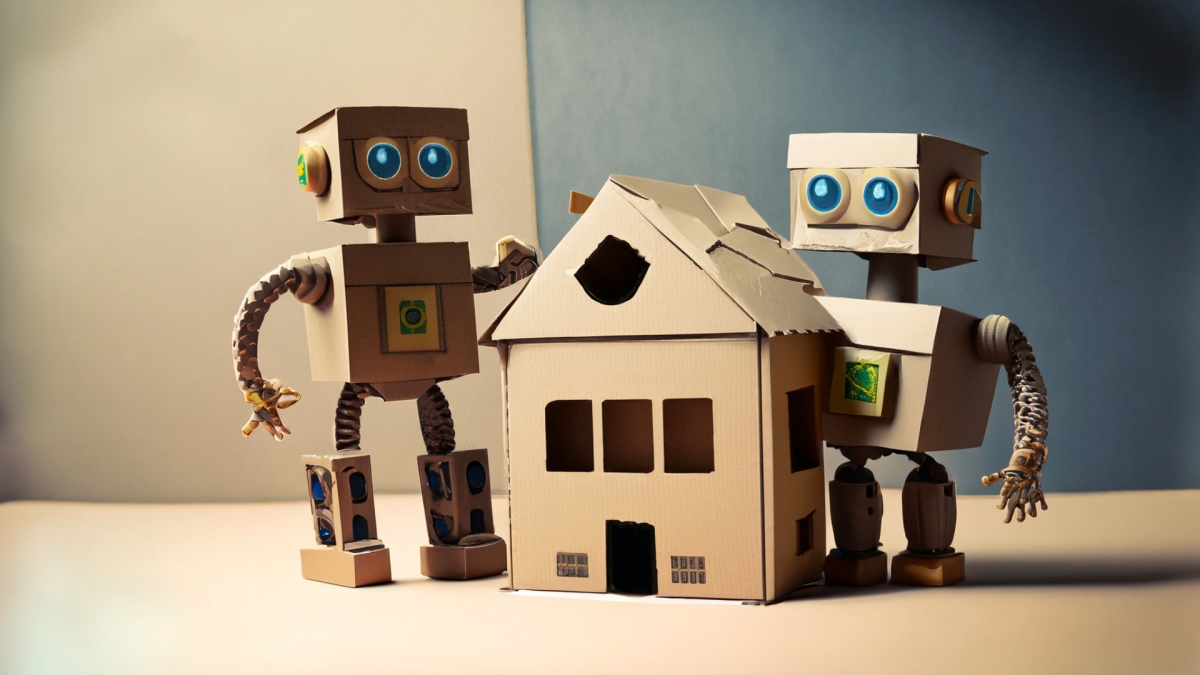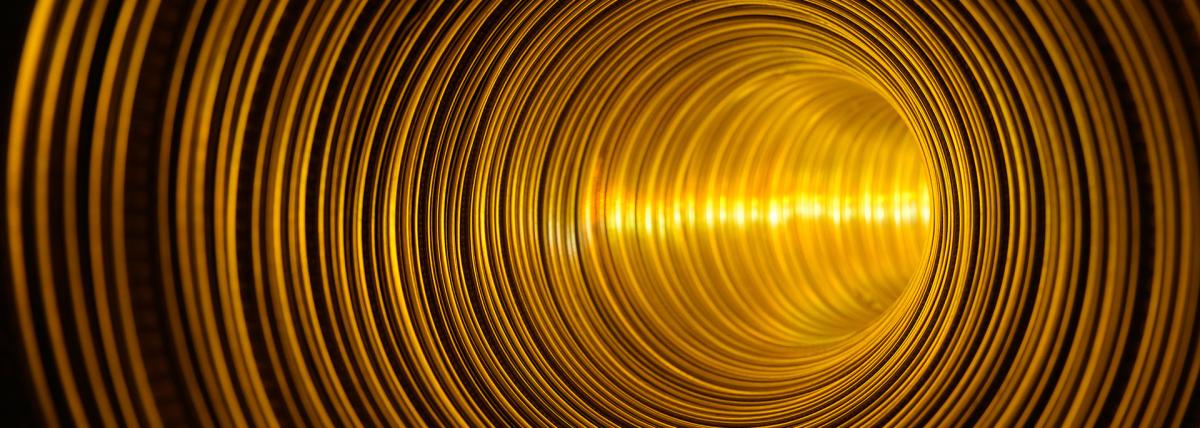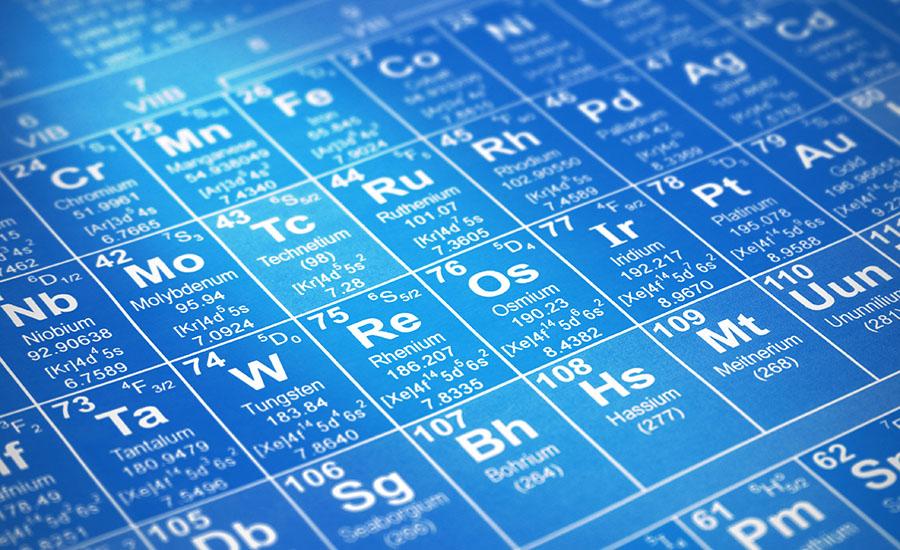
This unit will pair the popular game of Minecraft with the United Nations Sustainable Development Goals to develop a safe community for refugees and countries in crisis. Throughout the unit, you will

Students will level up from player to designer to earn their publishing license... all through play! They will become experts in repairing, creating and publishing video games using the Gamestar

Students will explore the drought in Arizona and design a solution for it. They will create their design in a 3D design program, write an informational paper, and present the design and information to

Students will read the story "If I Built a House" and then record their elements of the story on index cards. Next they will design and build a House of Cards using index cards.

This lesson is to be used as a follow up activity when learning about the water cycle. Students are able to play a game either digitally or physically to demonstrate their own journey through the

This is lesson 4 in a 4 part roller coaster project for 6th grade. In this lesson, students will create a news report on Canva to demonstrate the kinetic and potential energy in their roller coaster

This is the 3rd lesson in a 4 part roller coaster project for 6th grade. In this lesson, students will design and build a roller coaster that fits the criteria and follows a budget. Students will

Students will use the projects from lessons 2 and 3 to analyze the data of the electric cars they made. They will identify the variables in their cars and plan improvements to their designs.

This is the second lesson in a four part roller coaster project for 6th grade. In this lesson, students will learn about friction and gravity. Students will test different materials to determine which

This lesson uses the knowledge of circuits (lessons 1 and 2) to make a battery-powered car. We used a tutorial from Tinkercad and designed our own body of a car. Then, I printed their cars. They

This is the first lesson of a 4 part roller coaster project for 6th graders. In this lesson, students will learn about potential, kinetic and mechanical energy, as well as the law of conservation of

This lesson shows how to make an electric car using a small motor and battery. Students created a car, attached a battery and on/off switch, and collected data. The data collection sheet is included

This lesson is an introduction to circuits. It teaches about what is a circuit and then applies what they learned in a variety of ways through centers. Then, they will apply what they learned about

This is a smaller part of a larger Digital Citizenship Unit. Students will spend time understanding the concept of a Digital Footprint and the long term consequences of a negative Digital Footprint

In this lesson, students will extract chlorophyll from spinach leaves and make different concentrations following the dilution method. Students will learn to compare the absorbance values obtained at

In this lesson, students will explore the different pigments in green plants using spinach leaves. Students will identify the pigments by doing a lab using paper chromatography. They will observe the

Students will create a Google slideshow presentation to document their progress through the engineering design process, which includes: researching the science of sound, then creating an instrument

Students will have fun building and testing with KidSpark observing and calculating forces such as load and effort.

The owl pellet dissection is an engaging lesson where students will be looking closely at regurgitated pellets and discovering energy transfer through the owl and their prey. Students will be creating

After learning about emission spectra, electron energy levels, orbitals and configurations, and periodic trends for atomic radius and ionization energy; this is concluding activity that require

This is a phenomena-based introduction to how emission spectra of elements and the connection to electrons and energy levels. Students first get to explore the emission spectra of several gases using

Radioactive Orbs
This lesson focuses on using the engineering design process and simple machines to design a device that the students can use to safely transport radioactive orbs across the span of 8 feet. Students

Students will read and respond to the story, Room on the Broom. Then students will plan and create a sturdy broom to hold as many pumpkin candies as possible.

The math and research of hot cocoa. Students will find or use a teacher provided hot cocoa recipe and practice working with fractions to increase or decrease the recipe yield.
